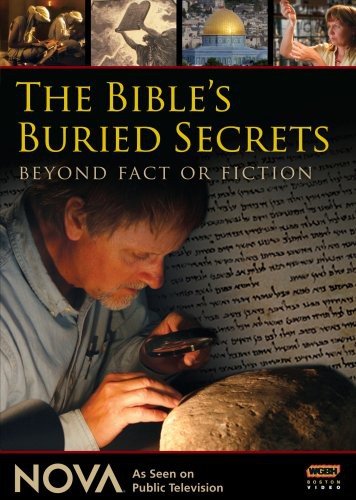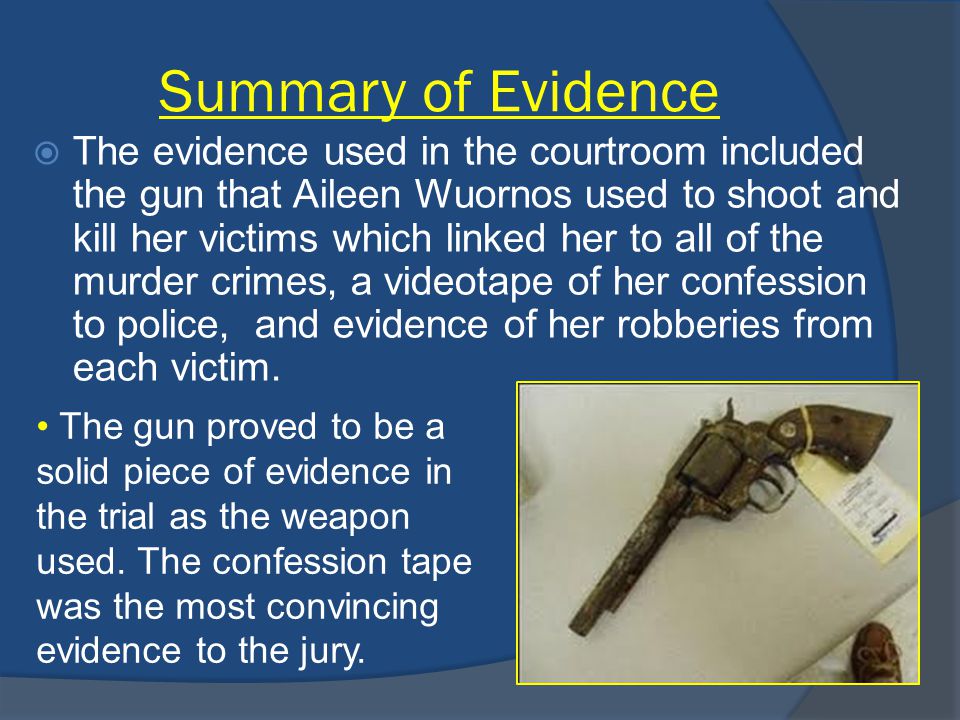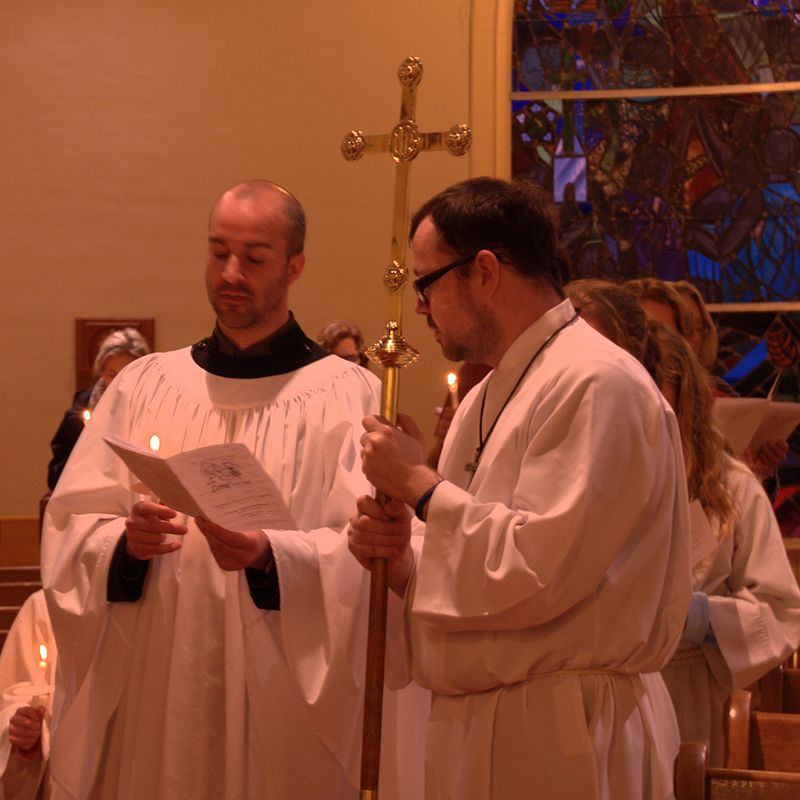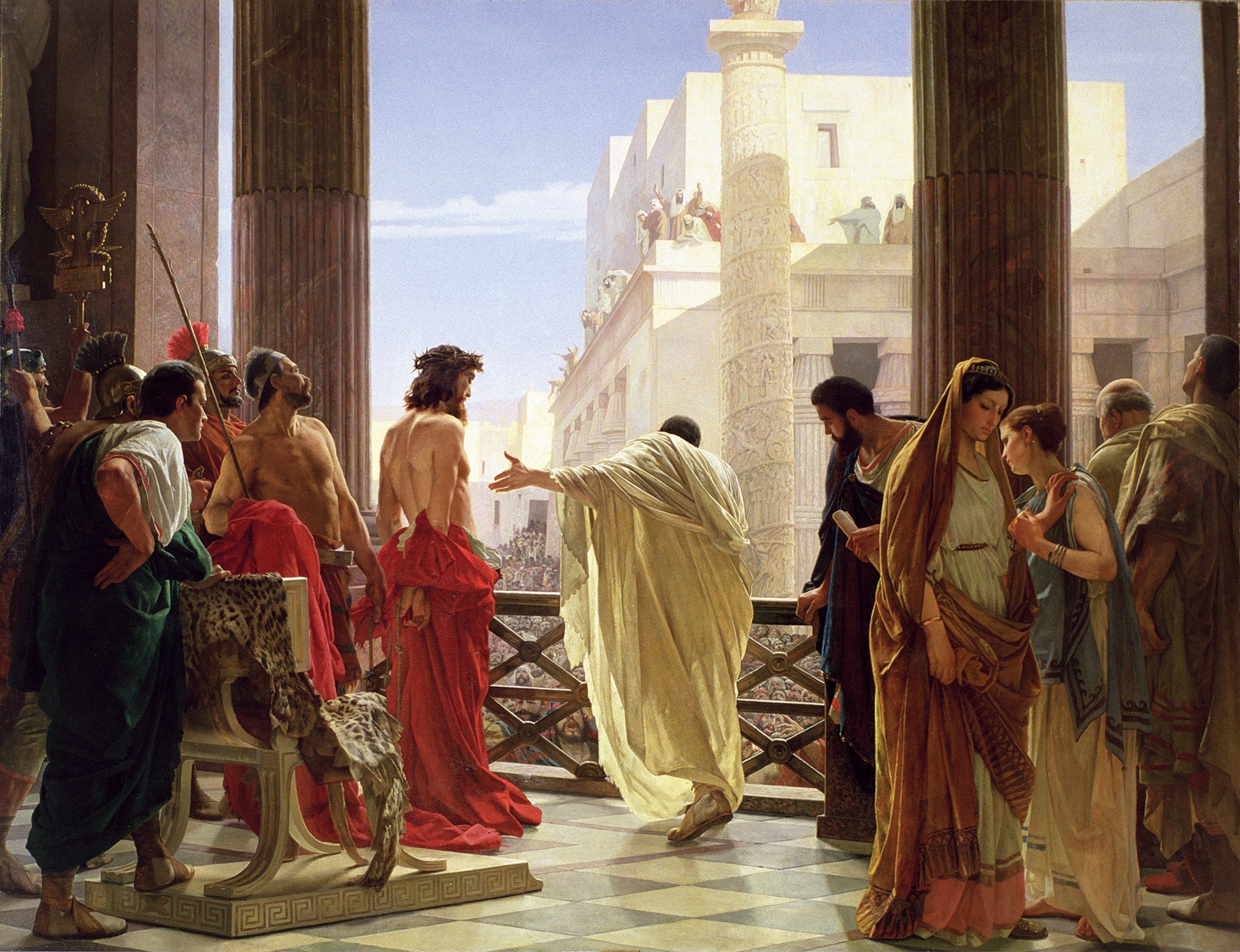* * * *
Since 1989 or so, I too (along with the Blues Brothers) have been “on a mission from God.”
That is, back around 1989 I started trying to “help” my favorite team win. The particular team was Florida State University football, and I started by trying to help them win a national championship. I began with a weekly “ritual sacrifice” of exercise, especially pushing myself to earn more and more aerobic points. (Mostly through running, or more like jog-walking.)
 That didn’t work, so in 1992 I added the discipline of daily Bible reading. (See What’s a DOR, which includes the image at right.) Then in 1993, the Seminole football team won its first national title. You make the connection.
That didn’t work, so in 1992 I added the discipline of daily Bible reading. (See What’s a DOR, which includes the image at right.) Then in 1993, the Seminole football team won its first national title. You make the connection.
Then too, for 14 straight years the Florida State football team went from success to success – with my “help.” For 14 straight years they finished in the Top 4,* then won another national title in 1999. (That was – in the words of one writer – “something no other team has come remotely close to accomplishing” and thus was “the greatest run in college football history.”)
Unfortunately, after that things started going downhill.
FSU football went into a bit of a slide, but then again so did I. Then in 2013 they won another national championship, and along the way I also got my life back in order.
But once again things started going downhill for the Nole football team. That is, since 2013 there have been, at best, “mixed results.” And this past football season was especially painful. In 2018, FSU went 5-and-7, and broke a streak of consecutive post-season bowl appearances. That “anti-climax” marked their first losing season since 1976 (41 years), and that included the first time they didn’t make it to a bowl game in 36 years.
But the strange thing is, on a personal level I’ve done a lot better. As a matter of fact, my life is going far better than I could have expected, at any time in the past. For example, as recently as 2017 I thought I’d spend my last days here on earth still living in a dinky, rented one-bedroom apartment. But against all odds I managed to get a mortgage – and now have a 4-bedroom home on an acre of woodland. And in terms of exercise too I’ve done very well indeed.
Going back to the beginning, my mission from God – my “mystic quest*” – started back in Florida, in 1989. Three times a week I ran outdoors, for an hour or more. That often meant dodging the daily summer-afternoon thunderstorms, or waiting until 6:00 p.m. or so, for the heat index to get down below 100.
Then I moved from Florida to Georgia, and starting in 2013 added two hours kayaking a week. And incidentally that year – 2013 – FSU won its third national championship. I’ve also moved from outdoor running to indoor stair-stepping. (An hour at a time two or three times a week.) And near the end of this last (2018) season, I “graduated” to wearing a 25-pound weight vest, along with ten pounds of ankle weights, while doing my hour of stair-stepping.
Then – somewhere along the line – it struck me that at age 67, that was pretty dang impressive. (Standing by itself, as a “signal accomplishment.”) But “on-the-field results” for 2018 were exactly the opposite of what I’d hoped for, and come to expect. Which came to remind me what Lawrence LeShan said of the ideal Zen archer or karate student: “The real goal is to help you grow and develop as a total human being, not to become a better archer or karate expert.”
So I came to realize that maybe I shouldn’t get too upset because FSU had such lousy football season in 2018. After all, the real goal in my “mission from God” was to grow and develop as a total human being, not necessarily to have FSU win all the time.
There’s also the fact that the original Children of Israel – whose own quest I tried to mimic – had some pretty lousy seasons too. They did have the Exodus, along with King David and Solomon, but also years of slavery, exile, and foreign oppression, followed by the Great Diaspora.
On the other hand, there have been plenty of good and fruitful collateral consequences, and not just for me. Many of my other favorite teams – other than FSU football – have done quite well. Most recently, my adopted Atlanta United soccer team won the MLS Cup in its second season. The FSU Women’s soccer won the 2018 National Championship last December, and the Women’s softball team won its first National Championship last June. Aside from that, my Tampa Bay Bucs won Super Bowl XXXVII, to top off the 2002 season, and my Tampa Bay Lightning won the 2004 Stanley Cup. So maybe I shouldn’t complain too much…
Which brings up this whole matter of sport-superstitions, and “what kind of a moron would really think what he does matters to the outcome of a particular game?” See for example, “Super”stitions: Fans engage in odd rituals. But the truth of the matter is that such ‘”weird rituals” go back to the time of Moses, and the Battle of Rephidim.
See for another example,  Was Moses the first to say “it’s only weird if it doesn’t work?” You can see the full story at Exodus 17, on the battle that happened some 3,500 years ago. There, like at Pearl Harbor, the dreaded Amalekites launched a sneak attack on the Children of Israel as they emerged from “the Exodus, at Rephidim near Mount Sinai.” Verses 8 to 16 – of Exodus 17 – tell of Israel pulling off an “upset of the season.” In essence they beat a hated arch-rival, thanks to Moses:
Was Moses the first to say “it’s only weird if it doesn’t work?” You can see the full story at Exodus 17, on the battle that happened some 3,500 years ago. There, like at Pearl Harbor, the dreaded Amalekites launched a sneak attack on the Children of Israel as they emerged from “the Exodus, at Rephidim near Mount Sinai.” Verses 8 to 16 – of Exodus 17 – tell of Israel pulling off an “upset of the season.” In essence they beat a hated arch-rival, thanks to Moses:
Moses, Aaron, and Hur went up to the top of the hill. Whenever Moses held up his hand, Israel prevailed; and whenever he lowered his hand, Am′alek prevailed. But Moses’ hands grew weary; so they took a stone and put it under him, and he sat upon it, and Aaron and Hur held up his hands, one on one side, and the other on the other side; so his hands were steady until the going down of the sun.
As I’ve noted elsewhere: “That sounds a lot like a modern-day football fan, watching his favorite team on TV.” Sometimes he moves around the room, sometimes he stands, sometimes he sits. Other times he’ll mute the sound on the TV, sometimes he’ll tell his wife to leave the room – because she may be jinxing his team – but he’s “always trying to ‘help his team win.’”
Or by offering a weekly “ritual sacrifice” of exercise – with lots of aerobics – along with a good dose of daily Bible reading. So just in case you think I’m weird for trying to help my team win – by and through such highly profitable intense exercise and Bible reading – I can only say:
“Hey pal, tell that to Moses!”
* * * *
Moses at Rephidim: “If I let my arms down, the other team will win!“
* * * *
The original post had an upper image, courtesy of Blues Brothers Mission From God – Image Results. On the topic of my “Metaphor” – trying to help my team(s) win through various kinds of Ritual Sacrifice – see also “Unintended consequences” – and the search for Truth, and Moses at Rephidim: “What if?” A side note: The “unintended consequences” post also pointed out that – “with my help,” metaphorically or otherwise – the FSU basketball team got to the Elite 8 in 2018, and FSU’s Mike Martin became the winningest coach in college baseball history. See FSU Basketball is true Cinderella of 2018 NCAA Tournament, and Mike Martin is the winningest coach in college baseball.
Re: Aerobic points. See also Aerobic exercise – Wikipedia.
Re: “14 straight years.” See Top College Football Dynasties of the AP Poll Era: “Florida State’s 14 year streak of top 4 finishes in the AP poll 1987-2000 is … something no other team has come remotely close to accomplishing. So I’m calling this the greatest run in college football history.” (They “dropped to #5 in the fixed poll for 1994,” but ranked #4 in the AP poll.)
Re: FSU’s bowl streak. See Florida State’s Incredible 36-Year Bowl Streak, for more positive spin: “It might be lame, but Dr. Seuss once said, ‘Don’t cry because it’s over, smile because it happened.’”
A lot has happened for the Seminoles since 1981, such as three National Championships, 15 conference titles, three Heisman Trophy winners and 35 consensus All-Americans. Now that the all-time streak has ended, everyone will take shots at FSU, but people should really just appreciate such an impressive feat. [So] this isn’t the time to be embarrassed as a streak ends. It is time to celebrate that it happened, and no other program has ever made more consecutive bowl games in FBS football history. It does suck it was ended by a rival, but the longest bowl streak they [the Florida Gators] ever had was 22 consecutive.
Re: “Signal accomplishment.” See How To Answer The Interview Question “What Is Your Greatest Accomplishment, and/or What Are James Monroe’s Accomplishments? | Reference.com: “Monroe’s signal accomplishment was the formation of the Monroe Doctrine.”
Re: The definition of mystic quest. In one “worldly” sense it refers to Final Fantasy Mystic Quest, “a role-playing video game for the Super Nintendo Entertainment System,” first released in North America in 1992 and marketed as a “simplified role-playing game… In the game, the player controls a youth named Benjamin in his quest to save the world.” (Wikipedia.) My mystic quest – or “mission from God” – was not nearly so grand. It did however pay great dividends in terms of personal health, especially cardio-vascular, and spiritual development. (For example, it led me to create my two blogs, including this one, “Daily Office Reading Scribe.”) As to the more spiritual definition of “mystic quest,” see Mystic | Definition of Mystic by Merriam-Webster (used in a sentence, “She had a mystic vision while praying”); Mysticism – Wikipedia; Quest | Define Quest at Dictionary.com (“a search or pursuit made in order to find or obtain something” or “an adventurous expedition undertaken by a knight or knights to secure or achieve something”); and also Quest definition and meaning | Collins English Dictionary: “A quest is a long and difficult search for something.”
The “only mile” image is courtesy of Running Outdoors The Rain – Image Results. The text reads, “The only mile regretted is the one that isn’t run.” I might add that while I no longer run in the rain, as I did in Florida, I do end up kayaking in the rain oftener than I’d like…
Re: My hour-long stair-stepping with a 28-pound weight vest and ten pounds of ankle weights. According to my calculations, that now – at age 67 – helps me earn 155 aerobic points per week, whereas Dr. Kenneth H. Cooper‘s ”’minimum aerobic fitness’ level is 36 points a week.” See KEEPING FIT; Just How Far, And How Fast, For Fitness? See also Dr. Cooper’s 1977 book, The Aerobics Way, 1978 Bantam Books edition, at page 186, on earning additional points for wearing ankle weights and a 35-pound pack. (Chapter 9, “The Point Charts.”) Also see page 245 on “stair climbing,” in the Appendix under “The Point System.” All of which formed the basis of my calculations…
Re: Lawrence LeShan on the ideal Zen archer, “to help you grow and develop as a total human being.” See his How to Meditate: A Guide to Self-Discovery, Bantam Edition, 1975, at page 38.
Re: “Collateral consequences.” Strictly speaking, such consequences are “additional civil state penalties, mandated by statute, that attach to criminal convictions. They are not part of the direct consequences of criminal conviction, such as prison, fines, or probation. They are the further civil actions by the state that are triggered as a consequence of the conviction.” See Wikipedia. But defined more liberally or spiritually, they can refer to additional – but indirectly intended – consequences of a mystic quest or “mission from God.” Thus they’re distinct from Unintended consequences: “outcomes that are not the ones foreseen and intended by a purposeful action.” As Wikipedia said, these can come in three forms, including an “unexpected benefit” (also referred to as luck, serendipity or a windfall); an “unexpected drawback” (unexpected detriment occurring in addition to the desired effect); or a “perverse result.” See also “Unintended consequences” – and the search for Truth, about the FSU women’s softball team winning their national title…
The “only weird” image is courtesy of Bud Light It’s Only Weird – Image Results.
The lower image is courtesy of Rephidim – Wikipedia. The caption: “Moses holding up his arms during the Battle of Rephidim, assisted by Hur and Aaron, in John Everett Millais‘ Victory O Lord! (1871).” As borrowed from a post on my companion blog, Was Moses the first to say “it’s only weird if it doesn’t work?” (That companion blog is The Georgia Wasp | A blog of life-reviews by an old guy who still gets a kick out of life. The post includes an extensive analysis of such sport-superstitions:
The thing is, this business of “helping your team win” has been around a long, long time. (Longer even than “Touchdown Jesus,” seen at left, visible from Notre Dame stadium…) In fact, it may all have started with Moses, back at the battle of Rephidim, noted above.
See also “Super”stitions: Fans engage in odd rituals, and this “bottom line” from the blog-post: “Athletes know it, fans know it, and even Bud Light knows it. Superstitions are as big a part of the game as anything. They were there when your parents and/or grandparents first started watching, and they’ll be here long after we’re gone.” Unfortunately, that last link is “now defunct.”


 The other night I watched
The other night I watched  My theory is that you can’t “prove” the Bible-faith by scientific or
My theory is that you can’t “prove” the Bible-faith by scientific or ![Jesus Christ, Public Defender: and Other Meditations on the Bible, For Baby-boomers, âNonesâ and Other Seekers by [Ford, James B.]](https://images-na.ssl-images-amazon.com/images/I/41fojjkSE%2BL.jpg) That’s a thought from my e-book “Jesus Christ, Public Defender.” Near the end of Chapter 8, I wrote about the early years, when I’d just started daily Bible readings and applying them to my own life. (And in particular to my own “obsession,” college football.)
That’s a thought from my e-book “Jesus Christ, Public Defender.” Near the end of Chapter 8, I wrote about the early years, when I’d just started daily Bible readings and applying them to my own life. (And in particular to my own “obsession,” college football.) But the big question remains: What are you going to do with that gift? Or in Christian terms, “How are you going to help spread
But the big question remains: What are you going to do with that gift? Or in Christian terms, “How are you going to help spread 

 Counting forward from December 25 as Day One, we find that Day Forty is February 2. A Jewish woman is in semi-seclusion for 40 days after giving birth to a son, and accordingly it is on February 2 that we celebrate the coming of Mary and Joseph with the infant Jesus to the Temple at Jerusalem…
Counting forward from December 25 as Day One, we find that Day Forty is February 2. A Jewish woman is in semi-seclusion for 40 days after giving birth to a son, and accordingly it is on February 2 that we celebrate the coming of Mary and Joseph with the infant Jesus to the Temple at Jerusalem… The
The 